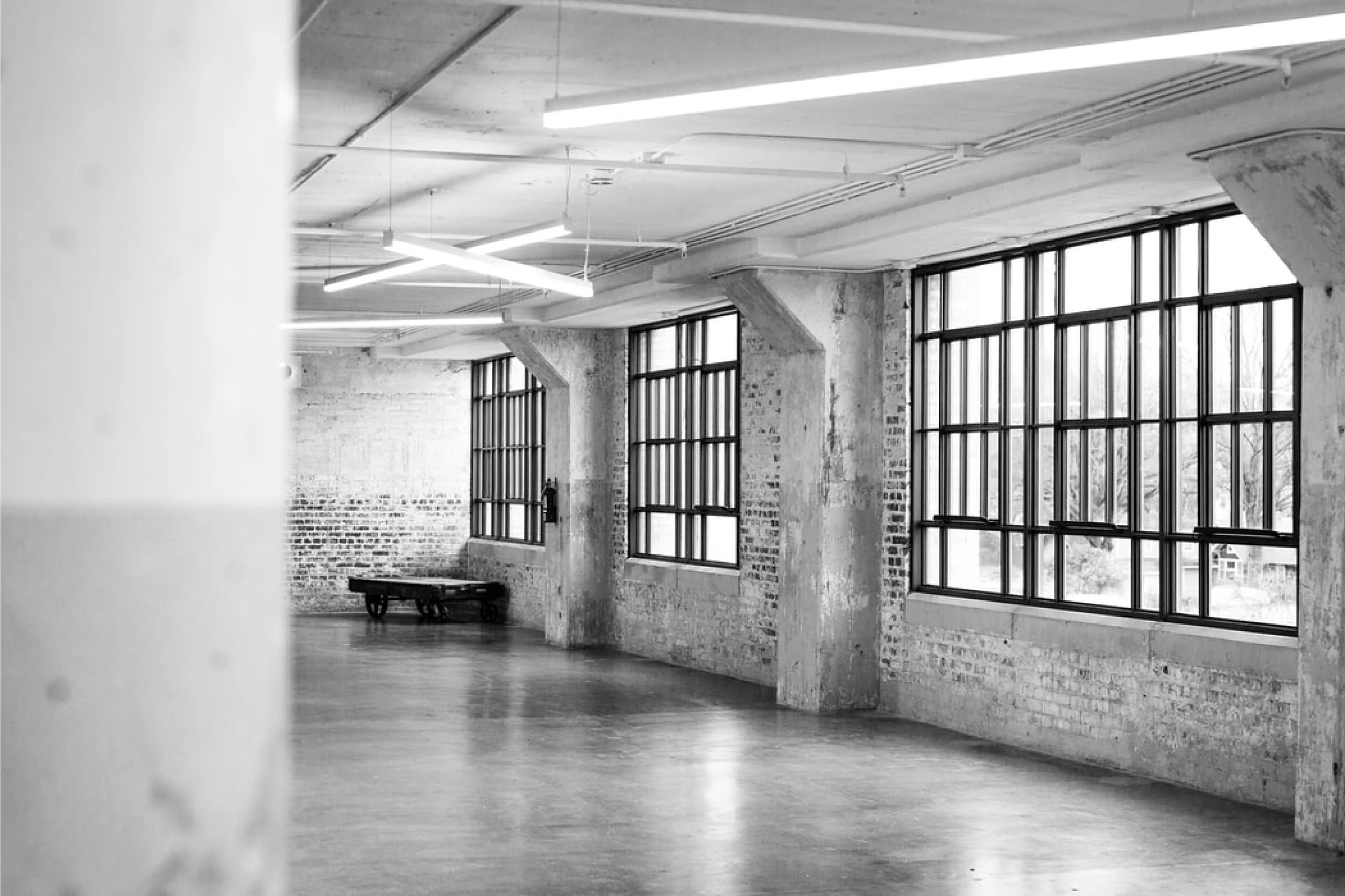8 Steps to Leasing Commercial Real Estate
Leasing commercial real estate isn’t easy.
And businesses will likely fail if they don’t follow the process correctly.
Unfortunately, we see it too often.
You could have the best products and services. You could even have an A+ location.
But if you missed one seemingly minor detail throughout the process, it could cost you.
Here are the 8 steps to leasing commercial real estate.
Step 1: Run Your Numbers
Before you start to look for a property, you have to figure out your costs.
Talk to your business and financial advisers, first, and determine what you can afford.
If you have a broker (which you absolutely should), bring them into the discussion, too.
Unless this is an additional location, you’re likely going from zero overhead to what may be thousands of dollars in rent.
Be realistic and make sure your business can weather the change.
Step 2: Define Your Needs
Determining exactly what you require in a property will make your search much easier.
Think about where you need to be and any specific features you must have.
For example, do you need to be near the interstate?
Perhaps your clients are within a certain neighborhood and being near major highways isn’t important.
Or perhaps you’re a service company and easy highway access is crucial. You don’t want your service people driving all day to get back and forth to the office after service calls.
Knowing your specific site requirements up front will save time and energy.
Other considerations when leasing commercial real estate include:
Do you need to be in the business district?
Do you need to be surrounded by other, complementary businesses?
Are you willing to pay more rent to be in a popular location?
The physical space is also an important consideration and may need to be modified.
For example, you might need cubicles, meeting rooms, or a specific amount of storage space.
The more thorough you can be regarding your needs, the more apt you are to find the perfect space (and not settle for second best).
If you're unsure of where you should locate your business, you could also consult your local economic development boards or chamber of commerce.
Step 3: Assemble Your A-Team
Once you have an idea of what you want, it’s time to bring in the right team to help you.
Your crew might include a commercial real estate broker, an attorney, or a business coach.
I recommend you start with a broker. They can help you find the other professionals needed to get the task accomplished.
Experienced brokers can make good recommendations for everything from accountants to zoning.
Step 4: Focus on Your Business
Don’t neglect your business during the real estate search.
You’ve assembled an expert team to help, so relax and let them do their job.
Communicate with your broker frequently. Leasing commercial real estate is their expertise. Let them do the leg work.
Depending on the market, it can take time to find the perfect space.
Focus on your business as it continues to grow, and you’ll be ready for the move when the time comes.
Step 5: Tour Your Sites
Your broker will prequalify sites for you based on your requirements.
They’ll bring together as many properties as possible and help you narrow the list.
You will then tour the optimal sites, preferably on the same day so that you can make the best comparisons.
If you like a space, don’t broadcast it to the world!
It happens all the time.
To keep your negotiation leverage, be sure to remain reserved while touring spaces if you do like one.
Step 6: Weigh Your Options
Finding the right space is an emotional journey, but you need be as logical and analytical as possible.
Create a list of the pros and cons of each space and compare them on paper.
You’re not buying a house, you’re opening a business.
There’s always room for “it just feels right,” but you must also compare the properties based on all of the variables.
ALSO: Don’t just think of where you and your business are today. Think of where you’ll be in the next 6, 12, or 18+ months and how the space could fit your business then.
Step 7: Negotiate Your Lease
As I’ve said before (and will continue to stress), every landlord will have a different lease.
Each property is different and every landlord has their own goals.
It’s critical that you read and understand each clause.
A good broker can review it with you. He knows what should and shouldn’t be in the lease and can make recommendations.
However, unless your broker passed the bar exam, they cannot give legal advice.
It’s more cost-effective if your broker can make recommendations before sending the lease to your attorney for review.
Step 8: Open for Business
After signing on the dotted line, you’re ready to move in, unless a “build-out” is necessary.
When the space isn’t designed to suit your needs, a build-out is the work needed to get it ready.
It can be anything from paint and carpet to moving the walls or adding a kitchen.
Once the build-out is complete, you’re ready for business.
Remember that you have a continuing responsibility to stay compliant with your lease.
If you follow the terms of your lease, you’ll avoid penalties and enjoy the extra elbowroom without issues.
You never want to find yourself in default, as you could get evicted from your space.
Make Leasing Commercial Real Estate Easy
I don't recommend you approach the process alone.
After all, landlords are professionals and even they have a team working for them.
But, if you're adamant on going solo, at least learn about the commercial leasing process as much as possible.
In my book, Open for Business: The Insider's Guide to Leasing Commercial Real Estate, I dive into the details of each step to help business owners avoid pitfalls.
About The Author:
Tyler Cauble, Founder & President of The Cauble Group, is a commercial real estate broker and investor based in East Nashville. He’s the best selling author of Open for Business: The Insider’s Guide to Leasing Commercial Real Estate and has focused his career on serving commercial real estate investors as a board member for the Real Estate Investors of Nashville. Learn more at www.TylerCauble.com





















Commercial real estate investing can be a pretty rewarding venture, offering the potential for substantial returns and long-term wealth creation. From office buildings and retail spaces to apartment complexes and industrial warehouses, the commercial real estate market presents diverse opportunities for investors willing to navigate its complexities.
However, like any investment, commercial real estate comes with its own set of risks. For new investors, understanding and managing these risks is crucial to achieving success and avoiding costly mistakes. The world of commercial real estate can be unforgiving to the unprepared, making risk management an essential skill for anyone looking to enter this market.